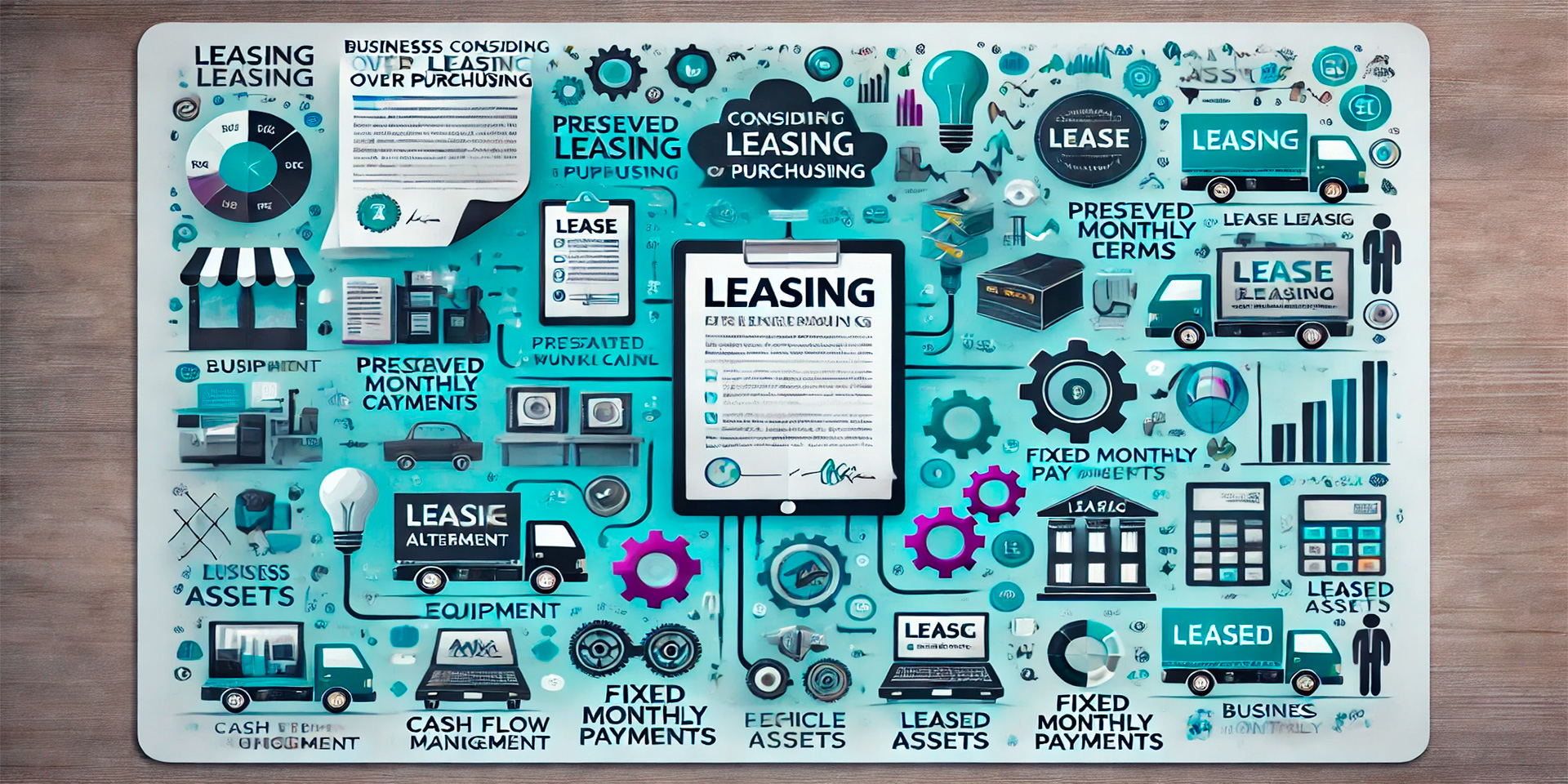Late loan payments can significantly jeopardize your business’s financial future by leading to increased costs, damaging your credit score, and reducing access to future financing. When businesses miss loan payments, the consequences extend beyond immediate penalties, affecting long-term financial health and stability. Understanding the impact of late payments and implementing strategies to manage loans effectively is essential for maintaining financial security and avoiding these pitfalls.
For businesses, consistent cash flow is crucial, and loan repayments are a key part of managing financial obligations. When payments are missed, the repercussions can ripple through the business, causing increased costs and limiting opportunities for growth. Ensuring timely payments can protect your business from these risks and preserve its financial future.
The Immediate Financial Costs of Late Loan Payments
One of the most immediate consequences of late loan payments is the imposition of late fees. Lenders typically charge a penalty for each missed payment, which can add up quickly, especially if multiple payments are missed. These fees may seem small at first, but they can accumulate, leading to a higher overall loan cost.
In addition to late fees, some lenders may increase the interest rate on the loan as a result of missed payments. This means that future payments will be more expensive, increasing the financial burden on the business. This, in turn, can strain cash flow, making it even harder to stay current on future loan obligations.
Late loan payments can also trigger higher costs related to insurance or collateral. For example, if a loan is secured by assets such as real estate or equipment, the lender may require additional insurance coverage or fees to protect their interests. These extra costs can quickly become overwhelming for businesses already struggling to meet their financial obligations.
Impact on Credit Score and Business Reputation
Perhaps the most significant long-term consequence of late loan payments is the negative impact on your business’s credit score. Credit scores are a key factor lenders use to assess the risk of extending credit to businesses, and late payments can cause substantial damage to this score. Even a single missed payment can lower your score, making it harder and more expensive to secure future loans.
A lower credit score means higher interest rates on any future borrowing, which increases the cost of capital and limits your ability to grow. Additionally, late payments are often reported to credit bureaus and can remain on your business’s credit report for several years, further hindering access to credit and making lenders view your business as a higher-risk borrower.
Beyond financial consequences, late payments can also damage your business’s reputation with suppliers, investors, and partners. Businesses that struggle to meet loan payments may face difficulties negotiating favorable terms with suppliers or forming partnerships with investors, who may view late payments as a sign of financial instability.
Reduced Access to Future Financing
Another critical consequence of late loan payments is reduced access to future financing. Lenders are less likely to extend credit to businesses with a history of missed payments, as they are considered higher-risk borrowers. This can be particularly problematic for businesses looking to expand, invest in new equipment, or manage cash flow during slow periods.
Even if financing is available, businesses with a history of late payments may face stricter loan terms, such as higher interest rates, shorter repayment periods, or the need for more collateral. These unfavorable terms can make it more challenging for businesses to secure the capital needed to grow and thrive.
For small businesses or startups that rely heavily on loans to fuel growth, the inability to access affordable financing can be a major setback. It can slow down expansion plans, reduce competitiveness, and limit opportunities to invest in new products or services.

Strategies for Avoiding Late Loan Payments
To protect your business from the financial pitfalls of late loan payments, it’s essential to develop strategies for staying on top of loan obligations and managing debt effectively. By being proactive, businesses can avoid the negative consequences of missed payments and maintain financial stability.
Create a Comprehensive Financial Plan
The first step in avoiding late loan payments is to create a comprehensive financial plan that outlines your business’s income, expenses, and loan obligations. This plan should include a detailed budget that accounts for loan repayments and ensures that sufficient funds are available each month to meet your financial commitments.
By regularly reviewing and updating your financial plan, you can identify potential cash flow issues before they become problematic. This allows you to take action—such as cutting non-essential expenses or seeking additional revenue streams—before missing a payment.
Set Up Automatic Payments
Setting up automatic payments is an effective way to ensure that loan payments are made on time. Most lenders offer the option to automatically withdraw payments from your business’s bank account on the due date. This eliminates the risk of forgetting to make a payment and helps ensure that payments are made even during busy periods.
However, it’s important to monitor your account balance regularly to ensure that there are enough funds to cover the payment. Overdraft fees can be costly and can further strain your business’s finances.

Maintain Strong Cash Reserves
Maintaining a cash reserve or emergency fund is another key strategy for avoiding late loan payments. Unexpected expenses or revenue shortfalls can disrupt cash flow, making it difficult to meet loan obligations. By building a financial cushion, your business can continue making payments even during periods of financial uncertainty.
Ideally, your cash reserve should cover at least three to six months’ worth of expenses, including loan repayments. This provides a buffer that allows you to manage financial challenges without falling behind on payments.
Communicate with Lenders
If your business is facing financial difficulties and you’re at risk of missing a loan payment, it’s important to communicate with your lender as soon as possible. Many lenders are willing to work with borrowers who proactively address potential issues, and they may offer temporary solutions such as extending the repayment period or restructuring the loan to make payments more manageable.
Ignoring the issue and allowing payments to become overdue can lead to more severe consequences, including additional fees, loan default, and damage to your credit score. Being upfront with your lender about your financial situation demonstrates responsibility and increases the likelihood of finding a solution that works for both parties.
Conclusion
Late loan payments can have serious consequences for your business, from increased costs and damaged credit scores to reduced access to future financing. By understanding these risks and implementing proactive strategies—such as creating a financial plan, setting up automatic payments, and maintaining cash reserves—you can protect your business’s financial future and avoid the pitfalls of missed payments. Managing loans effectively is essential for maintaining long-term financial stability and ensuring that your business continues to grow and thrive.



